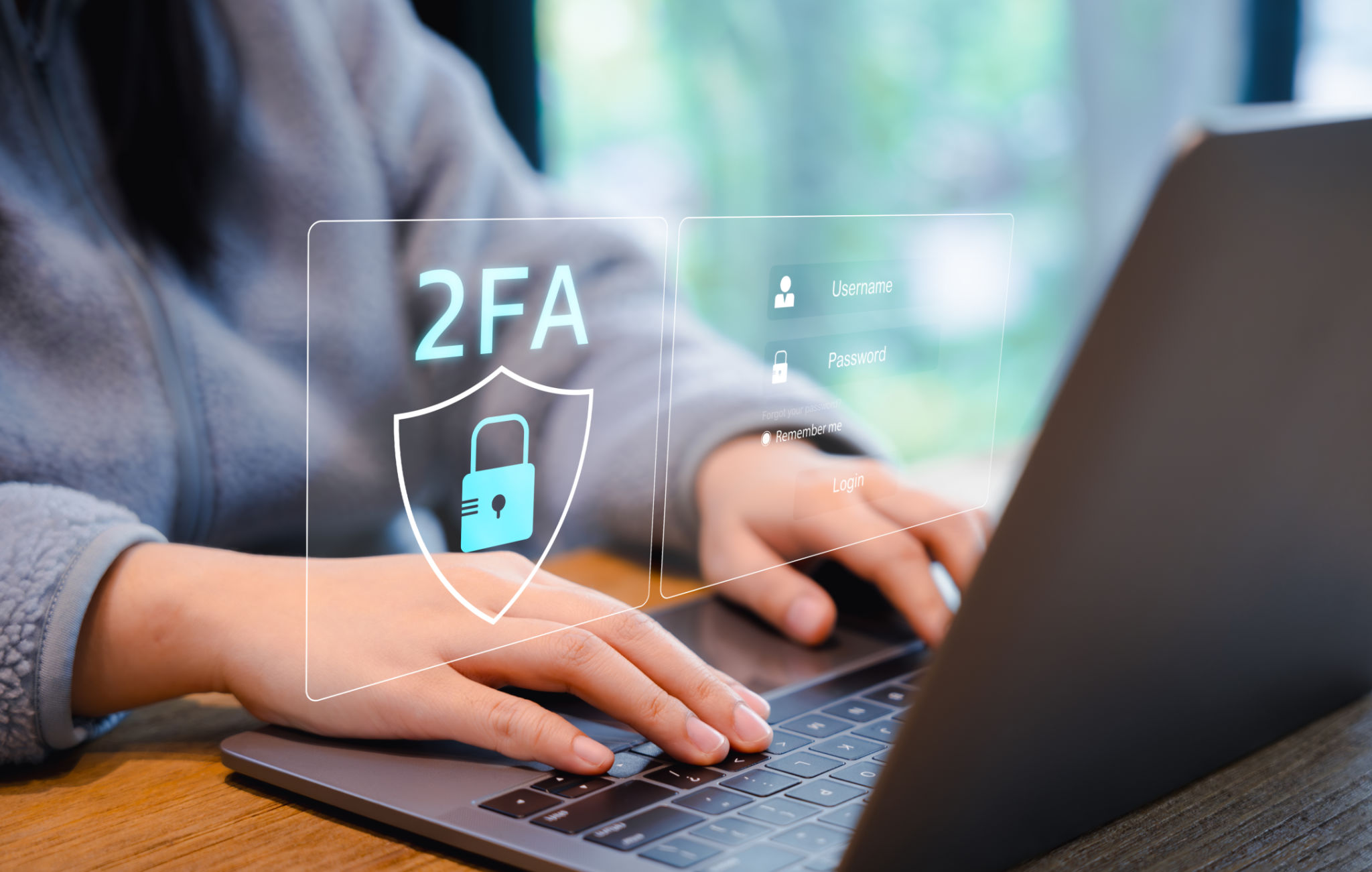DIY Cybersecurity Tips for Small Business Owners
HM
Understanding the Importance of Cybersecurity
In today's digital age, cybersecurity is a crucial aspect for every business, especially for small business owners. With increasing cyber threats targeting businesses of all sizes, it's essential to implement robust security measures. Not only do these measures protect your business data, but they also maintain customer trust and compliance with legal standards.

Start with Strong Passwords
The first line of defense in any cybersecurity strategy is the use of strong passwords. Encourage all employees to create passwords that are at least 12 characters long, combining uppercase letters, lowercase letters, numbers, and symbols. Consider using a password manager to store and generate complex passwords securely.
Additionally, implement a policy that requires regular password changes, ideally every three to six months. This reduces the risk of unauthorized access due to compromised passwords.
Utilize Two-Factor Authentication
Two-factor authentication (2FA) adds an extra layer of security by requiring a second form of verification in addition to the password. This could be a code sent to a mobile device or an authentication app. Enabling 2FA for all sensitive accounts minimizes the risk of unauthorized access, even if a password is compromised.

Keep Software Updated
Ensuring all software and operating systems are up-to-date is vital for protecting against known vulnerabilities. Cyber attackers often exploit outdated software to gain access to systems. Set up automatic updates wherever possible to ensure that you never miss a critical security patch.
Pay particular attention to antivirus software and firewalls, which are essential tools in detecting and preventing malicious activities. Regular updates will enhance their effectiveness against new threats.
Educate Your Employees
Your employees are one of your greatest assets in maintaining cybersecurity. Conduct regular training sessions to educate them on recognizing phishing attempts, the importance of securing personal devices, and safe internet practices. A well-informed team can significantly reduce the chances of a successful cyber attack.

Regularly Backup Data
Data backups are a critical part of your cybersecurity strategy. Regularly backing up your data ensures that you can recover important information in the event of data loss or ransomware attacks. Use both cloud backup solutions and physical storage devices for redundancy and ensure that backups are performed automatically on a regular schedule.
Test your backup systems periodically to confirm that data recovery processes work as expected, and adjust your backup strategies as necessary based on business needs.
Create a Cybersecurity Plan
A comprehensive cybersecurity plan outlines the steps your business will take to prevent, detect, and respond to cyber threats. This plan should include details on incident response procedures, roles, and responsibilities during a cyber incident, and methods for reporting and mitigating breaches.
Review and update your cybersecurity plan regularly to accommodate changes in technology and emerging threats. Involving all levels of the organization in this process ensures that everyone understands their part in maintaining security.

Conclusion
By implementing these DIY cybersecurity tips, small business owners can protect their businesses from potential cyber threats. While some measures require an initial investment of time and resources, the long-term benefits of safeguarding your data and maintaining customer trust far outweigh the costs. Stay proactive and vigilant in your approach to cybersecurity, and your business will be well-prepared to handle any challenges that come its way.
